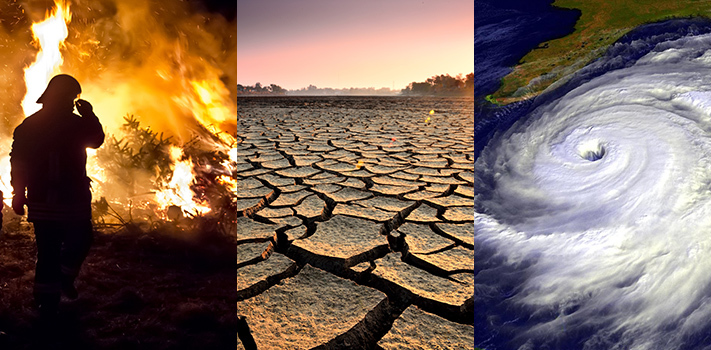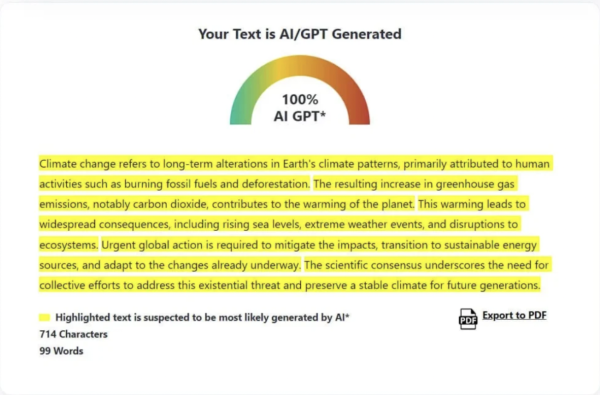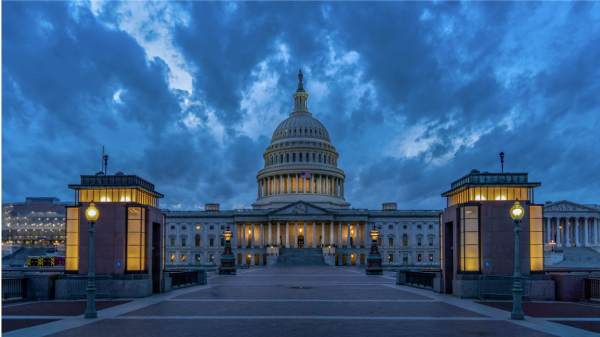The Individualist Climate Change Illusion
How much power do we really have?
Photo courtesy Shutterstock
Time is running out.
We’ve heard it forever. Reuse, Reduce, Recycle. Turn the water off while you’re brushing your teeth. Stop using plastic straws. These are just a few of the luminous mantras coined by the media. From a young age, Americans are exposed to the mindset that the biggest changes to the environment we can make come from our individual, daily actions. But how much do these actions really do?
The individualist mindset, although helpful, will not make the difference that corporate taxation will. Mass corporations can easily restrict greenhouse gas emissions by changing their sources of energy. It’s not that they don’t have the money–corporate profits in late 2019 averaged $1908.28 billion–but that they don’t have incentive. Why lose money if it’s not necessary? If the government imposed higher taxes on companies with higher negative environmental impacts, there would be a substantial decrease in 1/5th of yearly emissions (EPA).
Instead of making impactful, sustainable changes, corporations such as BP have undergone rebranding to give off an facade of climate consciousness. What was coined in the 1960s as “greenwashing” is a common tactic of big businesses to profit off of fake modernity. As earth-friendly movements become more mainstream, corporations fear being left behind, and greenwash to seem in tune with their consumers, thus attracting profit. In 2000, BP initiated a $200 million rebranding profit, with the goal of “positioning BP as an environmentally sensitive company looking for sustainable, green energy sources” (Miller). The irony of this is that it was to “position” the company. The funds were not intended to make BP more sustainable, but instead give off the impression of this. Just a decade after this campaign, the Deepwater Horizon Oil Spill occurred, the largest oil spill ever recorded, off of a BP operated project. Although some disasters aren’t preventable, ethical, eco-friendly actions can curb environmental impacts far more than branding will.
As much as social media shoves the small changes we can make to save the world down our throats, the false delusion we soak up is part of a grand plan rooted in greenwashing. The story of BP encapsulates every effort of mass corporations to come off as eco-friendly. Although we can walk to the grocery store instead of drive and turn off lights in empty rooms, the change must start happening at the highest level. Because at the end of the day, our gas is supplied by BP, our electricity from a coal burning power plant, and our individualistic mindsets from a grand illusion.







